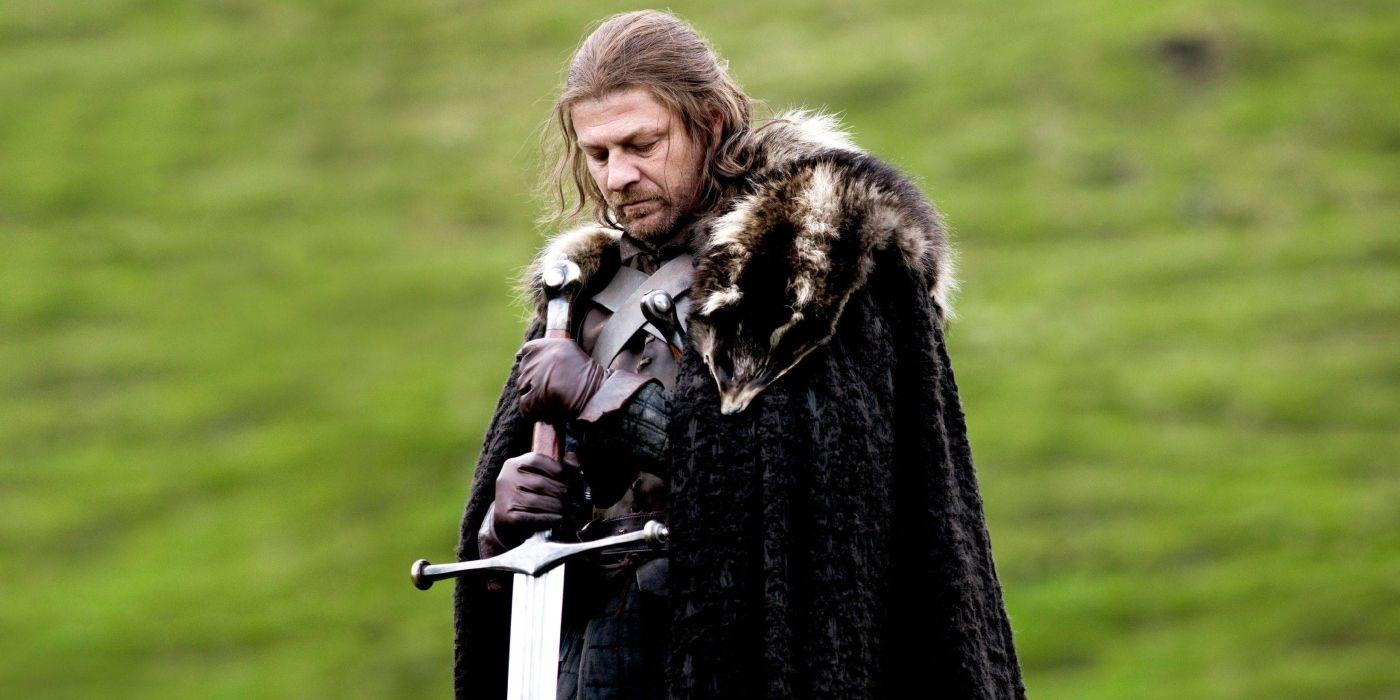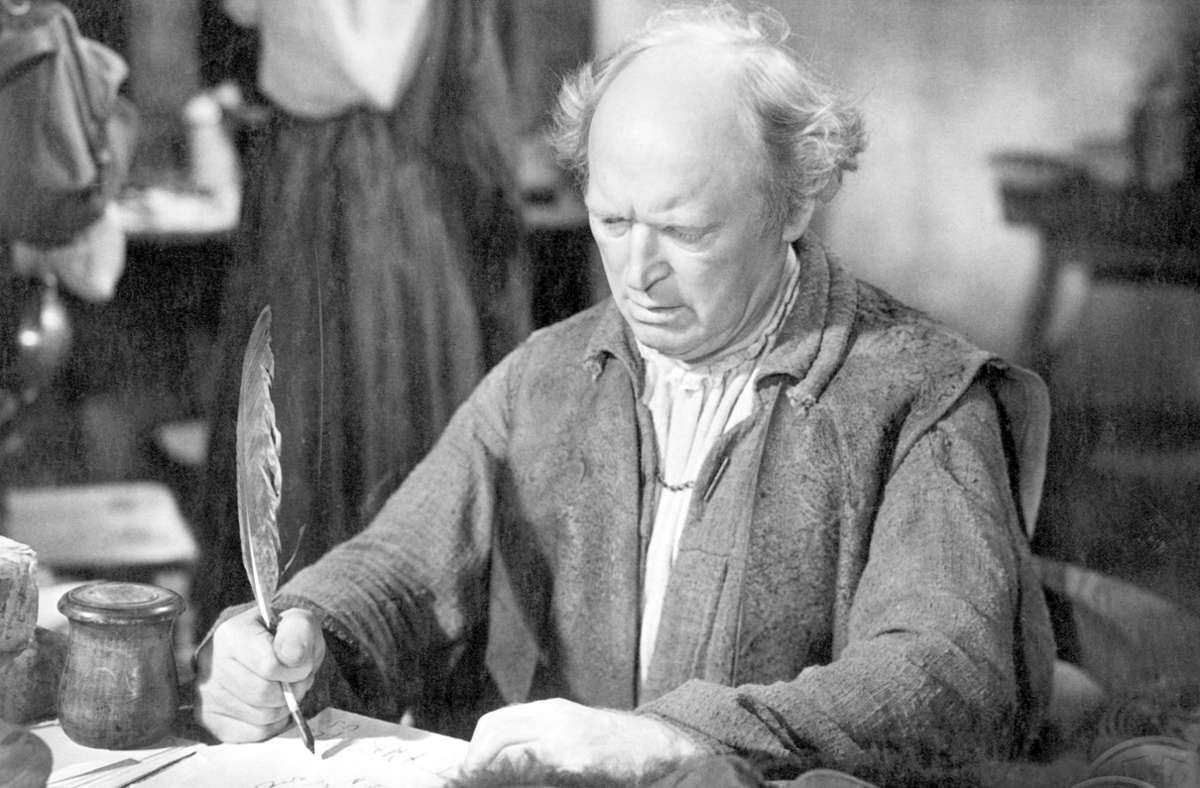A Game of Thrones
by George R. R. Martin
Published 1996 694 pages
I like it: very easy to read, propulsive. Nearly no downtime — but lots of filler language. I probably only had to read every third word, which made me feel like one of those superreaders who digest books at over 9000 wpm.
George R. R. Martin writes women like r/menwritingwomen, all talk about “lower lips” and “glistening manhood”. There’s altogether too much detail about breasts breasting breastily. This is especially bad in the Daenerys chapters, who in this book is thirteen.
While I’m at it there’s probably a bit too much detail about how many precious gems are inlaid in everyone’s armour or how boiled some guy’s leather jerkin is as well. Appearance-driven character development has been a persistent bugbear of mine and it’s no less annoying when a crotchety old man in a flat cap does it.
In broad strokes, though: GRRM has it got it right. I wish I read this before the TV programme so that the twists could have bodied me properly. The baddies are skincrawlingly repulsive, the action is tight and doesn’t overstay its welcome. The world is rich and alive and internally consistent (except for when somebody reminds us that some artefact or other is thousands of years old; as a rule of thumb I divide all GoT dates by 5).
The received wisdom about the television programme is that it got bad when the producers ran out of material from GRRM, which I never quite understood, because wasn’t GRRM involved in the production? Now I realise exactly how much the TV programme owed to the books, viz. basically everything down to the individual lines of dialogue. No wonder the writing team couldn’t bring the final seasons together: I’m not convinced that they wrote a line of original dialogue that they couldn’t have yanked from the book instead.
Anyway I’m off to collect vol. 2 from the library, I can’t wait to read how this all turns out in the endddd 👁️👄👁️


